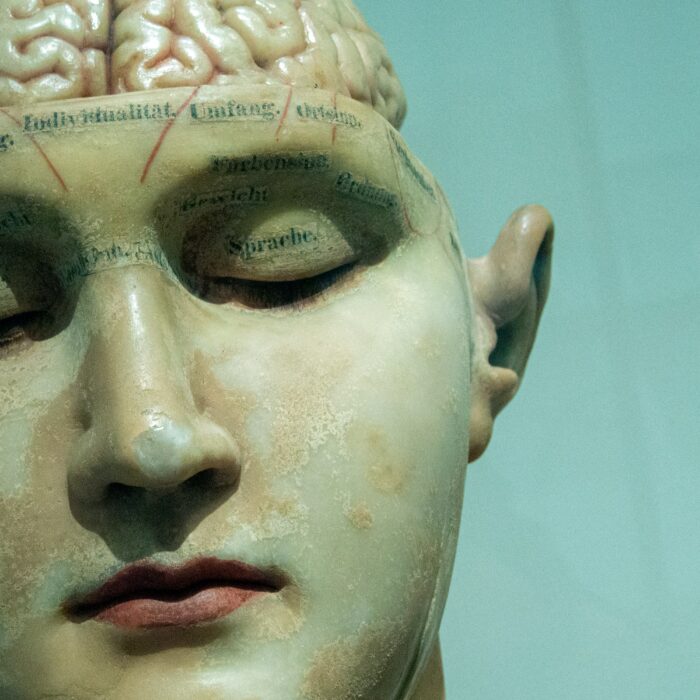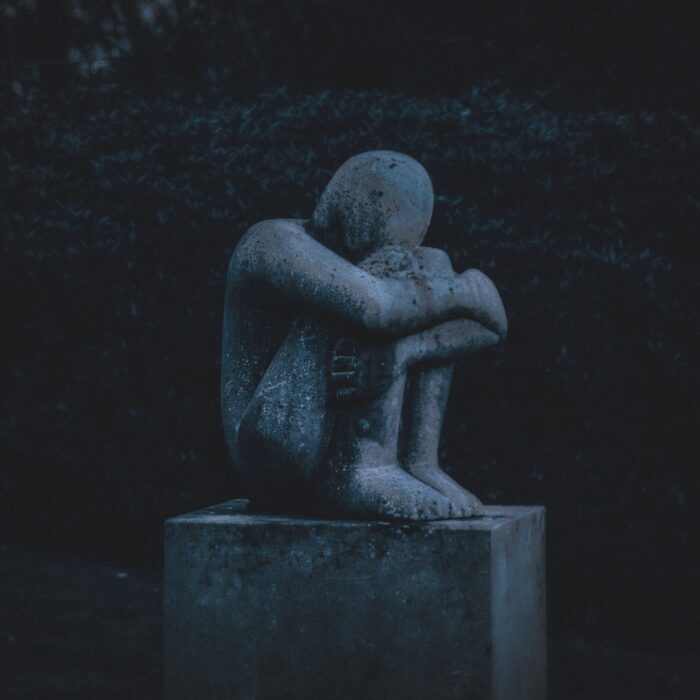You have no items in your cart. Want to get some nice things?
Go shopping Officer Roberts shook his head as he surveyed the damage. Shattered stereo equipment, smashed television sets, shredded newspapers, tattered gloves, ragged mittens, empty potato chips bags, torn candy bar wrappers, banana peels, apple cores, pear pits, broken beer bottles, rusted razor blades, splintered soda cans, and heaps of unidentifiable household trash lay strewn across the tombstone shop. Rotten eggs were splattered across the cracked, overturned outdoor gravestones, and ugly curses such as “Die, you degenerate bastard,” and “Rest In Hell, scumbag,” were spray-painted across the front of the small wooden store.
Officer Roberts shook his head as he surveyed the damage. Shattered stereo equipment, smashed television sets, shredded newspapers, tattered gloves, ragged mittens, empty potato chips bags, torn candy bar wrappers, banana peels, apple cores, pear pits, broken beer bottles, rusted razor blades, splintered soda cans, and heaps of unidentifiable household trash lay strewn across the tombstone shop. Rotten eggs were splattered across the cracked, overturned outdoor gravestones, and ugly curses such as “Die, you degenerate bastard,” and “Rest In Hell, scumbag,” were spray-painted across the front of the small wooden store.
Stan’s ‘Stones, a seldom-visited novelty tombstone store, was located in an otherwise vacant, weed-infested lot on the far side of town, a half-mile past the bus station and two miles from any other commercial or residential zone. Officer Roberts hardly recalled ever even driving past it when he made his daily rounds. When he received the early-morning report of a vandalism incident in Springmeadow, he thought that the target must have been the new casino, or one of the city’s seedy downtown bars, or perhaps even a house of worship; he never could have imagined that this strange store could have been the target of such virulence.
“This is certainly a very nasty thing that some lousy folks have done to you,” said Officer Roberts to the proprietor of the store, “and I assure you that we will do everything in our power to get to the bottom of this and bring these foul wrongdoers to justice. Now, just so I can complete my report, Mr. Kop…Kopinsky?”
“Kopchynsky,” the proprietor corrected him. Stanley Kopchynsky, a tall, well-built middle-aged man with a leathery, sun-mottled face and a thick, unkempt salt-and-pepper moustache that completely covered his unexpressive mouth, was wearing faded denim overalls over a fraying white t-shirt, open-toed sandals, plastic aviator sunglasses, and a flat-brimmed, red-rimmed baseball cap with a picture of a Heinz ketchup bottle stitched onto the front white panel of the hat. “But you just can call me Stan.”
“Yessir, Mr. Kop—…Stan…and you said you have been receiving hate mail as well? Is that correct, Mr. Kop—”
“Yes that is correct, officer. These hoodlums even popped the tires of my Harley. Here,” said Stanley Kopchynsky, handing him a folded piece of paper, “here’s one of ‘em.”
Officer Roberts slipped on his reading glasses and read:
Mr. Kopchynsky,
You are worse than smallpox, measles, polio, and the bubonic plague combined. You belong in the annals of the worst afflictions ever to torment humankind. Dying used to be a matter of dignity! Now, with your stupid jokes, you have ruined it! You have ruined death in Springmeadow! Shame on you, you piece of dirt!
“Now, that’s just one of dozens I’ve received this past year,” said Stanley Kopchynsky. “And that’s one of the more milder ones. Now, officer…for the life of me, I don’t understand why a good, hardworkin’ man such as myself—a man who served his country in ‘Nam, no less—would deserve this. All I try to do is bring a smile to people’s faces every day. My customers, they come to me ‘cause they darn had ‘nough cryin’ and tears and what not durin’ their relatives’ dyin’. They come to me sayin’, ‘Stan, dad’s hospitalization was bad enough. Why should his eternal memorial be so somber? Dad loved to laugh durin’ his life—wouldn’t he be wannin’ us to laugh even after he’s gone? When we come to visit him, he wouldn’t want us howlin’ and bawlin’—he’d wan’ us laughin’ and cacklin’. Give us and dad somethin’ we can laugh over, Stan, that’s all we ask,’ they say to me, officer. And why shouldn’t I? Ain’t there ‘nough cryin’ in the world every day? We really need more a’ that? I mean, here, for insistence,” said Stanley Kopchynsky, pointing Officer Roberts to one of the overturned tombstones he had been working on, “here’s one that a real nice, well-mannered family ordered from me last week:
Here Lies Marvin
Who lived a good eighty-four years (though by our calculations, three of those years were spent on the toilet, so do those really count?)
“And here’s another”:
R.I.P., Ethel
If you get hungry while waiting for the Resurrection, we left a Peking Duck take-out menu in your pocket. It says they’re now offering free delivery throughout the city.
“Officer,” Stanley Kopchynsky continued, as Officer Roberts jotted a few notes on his pocket-sized notepad, “you may not find these so funny, but these are what these particular families wanted, and everyone’s sense a’ humor’s different, you know? Here, for instance, this one wife ordered this one from me the other day for her just-deceased husband”:
R.I.P., Norman
Don’t worry, I’ll come visit you often—and I’m looking forward to it, because now if I start a conversation with you I’ll finally be able to get a word in edge-wise.
“And one guy’s ol’ college buddies and coworkers ordered this one”:
Here Lies Larry
And thank goodness for that—because none of us could stand you when you were awake. We just never had the heart to tell you. (Oh wait—yes we did…last week on the golf course, when we caught you cheating again. You putz.)
“Well,” said Officer Roberts, scratching his head and trying strenuously to maintain his composure, “don’t you think, Mr., umm…sir…that some people may be, well…offended, by your business?”
“Don’t see why they should be, officer. Can’t a family have a little laugh if they want to with their deceased loved one? Does everybody have to take everything so seriously all the time?”
Officer Roberts, politely nodding his head, eyed two more tombstones:
R.I.P., Agnes
In hindsight, when you said you were dying of laughter, we really should have taken you seriously. Sorry.
Here Lies Herbert
Who died as he lived—farting uncontrollably
As Officer Roberts left the littered lot and got back into his cruiser, he was only slightly embarrassed—but not completely surprised—to catch himself laughing.
About Daniel Ross Goodman
Daniel Ross Goodman is a writer, rabbi, and Ph.D. candidate at the Jewish Theological Seminary of America and is studying English & Comparative Literature at Columbia University. A contributor to the Books & Arts section of The Weekly Standard, he has published in numerous academic and popular journals, magazines, and newspapers, including The Wall Street Journal, Tablet, and Harvard Divinity School Bulletin. His short stories have appeared in The Cortland Review, aaduna, Bewildering Stories (“The End of Days,” winner of the 2015 Spitzer Prize and Mariner Award), Calliope (forthcoming, Oct. 2017), Aurora Wolf, The Sea Letter, cc&d magazine, Founder’s Favourites (forthcoming, Nov. 2017), Short-Story.me, The Acentos Review, and here in Litro Magazine.




